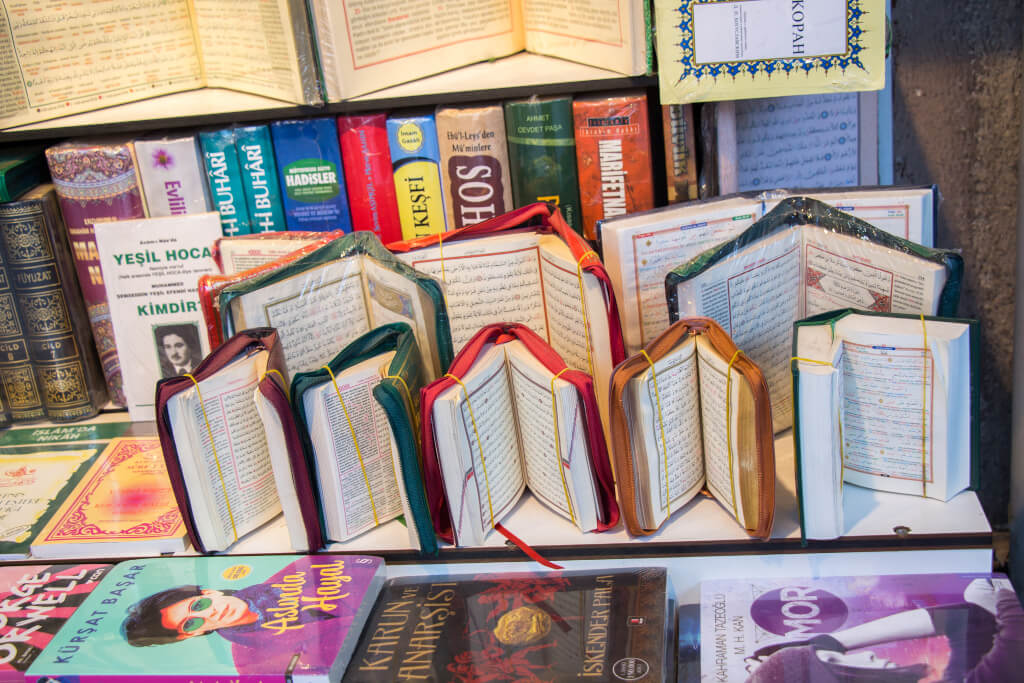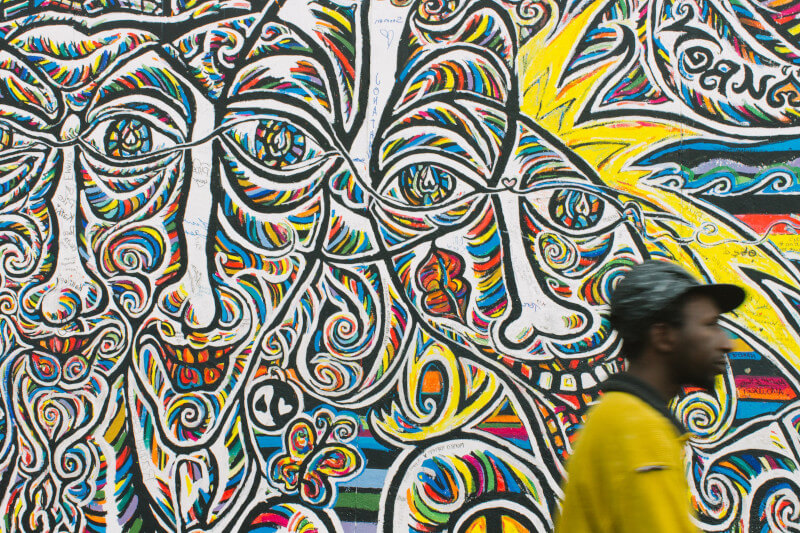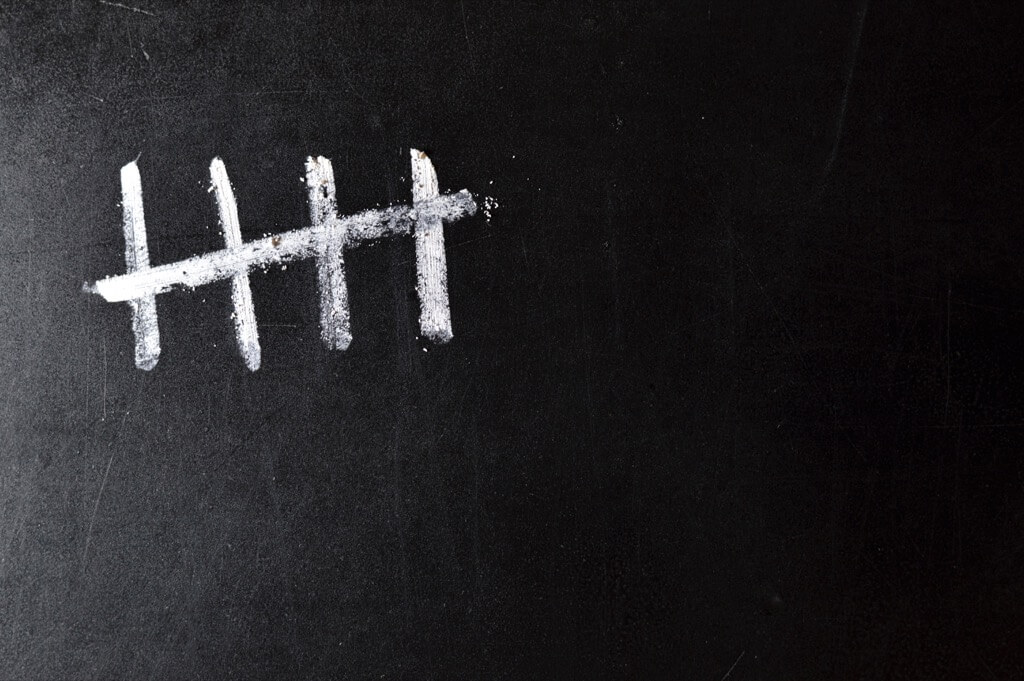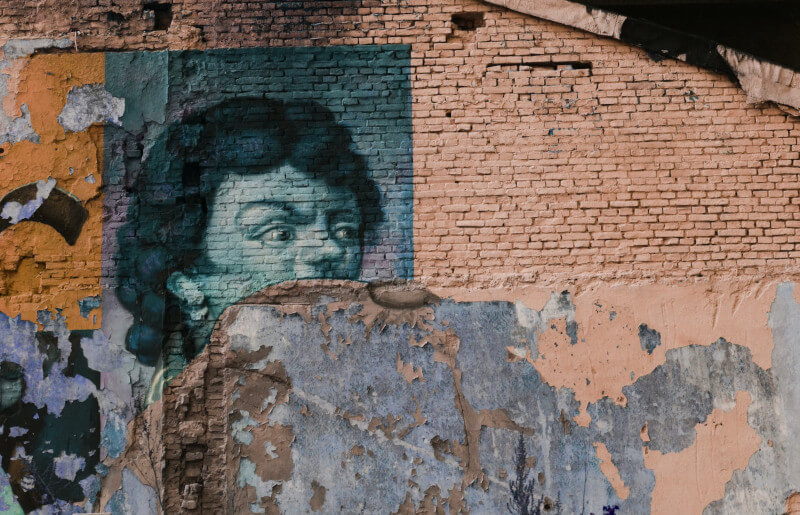South African author, storyteller, lecturer, and activist Sindiwe Magona celebrates 80 this year. Magona, a former housekeeper, earned a doctorate in creative writing in 2022. She also writes articles but is better recognised for her fiction, autobiography, short tales, poems, and books for children. I Write the Yawning Void, a new collection, is now available. The book is a collection of pieces that mostly focus on what it’s like to become and exist as a writer in a country like South Africa, where a violent past is perpetuated in terrible social and economic injustice. We questioned her about the novel.
The silence is the absence of a discussion that is both audible and palpable in our society. What, in Archbishop Desmond Tutu’s now-famous words, prevents us from becoming the “rainbow nation”? During the euphoric years of democracy’s rise to power, the sky was the limit. After the end of apartheid, many hoped that people of all races and ethnicities in South Africa might finally coexist peacefully and enjoy the bounty the land provided. The absence, though, continues to stare us in the face. There is no sign of peaceful coexistence. The vacuum represents the problems we refuse to face head-on, bravely, meaningfully, and with an eye toward mutually beneficial compromise.
Which Major Problems Do You Try to Solve?
Since genuine healing is impossible to achieve without reparations, the Truth and Healing Commission was unsuccessful. South Africa’s history of racism has resulted in a society where whites and blacks live in starkly different social strata. except for a small number of recently wealthy black people (mainly government workers or those associated with the same). The writings also caution the reader against waiting for the (unrealistic) societal reform to occur. The individual initiative counts for a lot. Everyone who has made it tells us the same thing.
The Press of Wits University
The twin mountains of racism and poverty that we must conquer to attain our ubuntu — our actual emancipation — are, therefore, the central concerns I explore in this book. They are intertwined and reinforce one another, leading to feelings of shame and helplessness (to the point where people neglect their own needs or refuse to make the right decisions). Some of the many negative outcomes of racism and poverty include the HIV/AIDS epidemic, teen pregnancies, and paternal orphanhood.
The Essay Format Begs the Question, Why?
The flexibility that comes with writing an essay appeals to me. The essay is the only literary genre that comes close to resembling a casual conversation. Essay writing is a lot like having a conversation with a close confidant or coworker. Also, unlike the other kinds, it is more free-form, allowing the writer to travel in any direction she chooses (even if that means contradicting herself), so long as it makes sense to her.
What Inspired You to Take Up Writing?
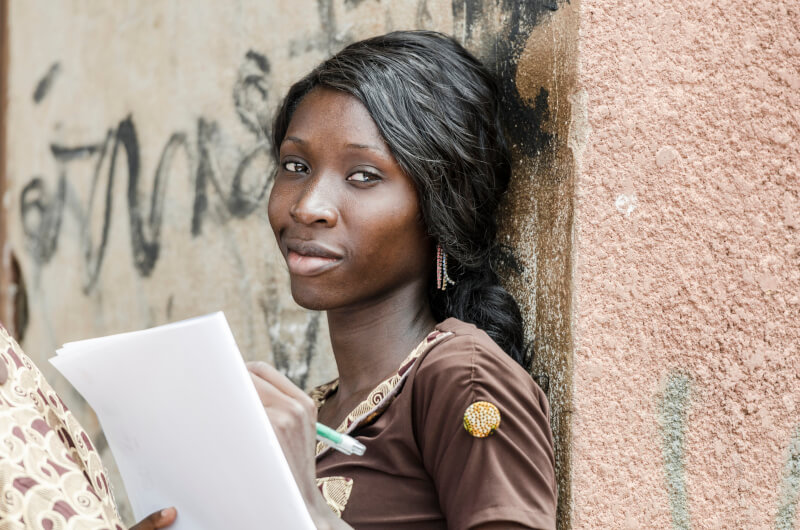
After years of giving speeches designed to inspire others and hearing, “You should write that! Do some writing! I got my start in education with the absolute lowest qualification there is: teaching elementary school. However, I was let off during my first year on the job, and it took me another six years to get recruited again, this time as a teacher.
With no help from the government and three children under the age of five and few employment options available to me, I turned to housework. As a side hustle, I used to sell skaapkop (sheep head), vetkoek (fried bread), and ginger beer in between my cleaning gigs. Doing housework on the other side of the railway tracks broadened my perspective. That, combined with my embarrassment, was the final straw that made me decide to make a change in my life. I could think of only one method to accomplish this, and that was through schooling.
I started taking classes over the mail and discovered a treasure trove of people who were anxious to see me succeed. The more I learned, the more individuals I met despite the artificial barriers erected by apartheid. I came to take part in discussions with the hope of diffusing tense situations between South Africans… The group’s membership grew steadily as word spread, while occasional media coverage in the form of print or broadcast articles or radio interviews also contributed to its expansion.
However, I had to wait a very long time before I felt comfortable putting pen to paper. I had no idea I could create even one book, let alone several! The extra push I needed came from conversations with friends regarding which authors had written biographies of particular famous people. I realised that white authors’ portrayals of black people didn’t discourage black authors from writing about themselves. How can we claim that there are bounds to human empathy while simultaneously affirming that we are all one?
What Have You Learned Most From Analyzing Your Work?
The realisation, after more than three decades since the publication of my first book, is that I still feel unsure at the outset of each writing trip.
I urge, “Go for it!” to everyone who believes or feels they might enjoy writing as a career. Start!” Get comfortable, and start writing whatever comes to mind, keeping in mind your intended direction and message. Have some sort of outline, some concept of the story you intend to tell. The three parts of a story. I’m still not sure. However, I finally take a deep breath and plunge headfirst. The takeaway is that action is key to success.
I believe that everything I’ve created demonstrates how an idea has taken root in my soul and thoughts. Depending on the intensity of the inspiration, I may sit on the idea for a while or jump right into taking action.
I’m still getting used to trusting in whatever it is that’s been provided to me. There is ability in every human being. Even Sindiwe Magona, who was initially skeptical, came to accept this as true. I hope the readers of this get their act together a lot quicker than I did. For me, that would be the pinnacle of achievement. Because I want to help other people through life’s ups and downs, I write.
About The Author:
Lunga Dlamini is a journalist specializing in African start-ups and entrepreneurship. Lunga’s fascination with innovative business models and emerging market trends guides his writing. He has an MBA and has been with Africa Nova since its inception.

